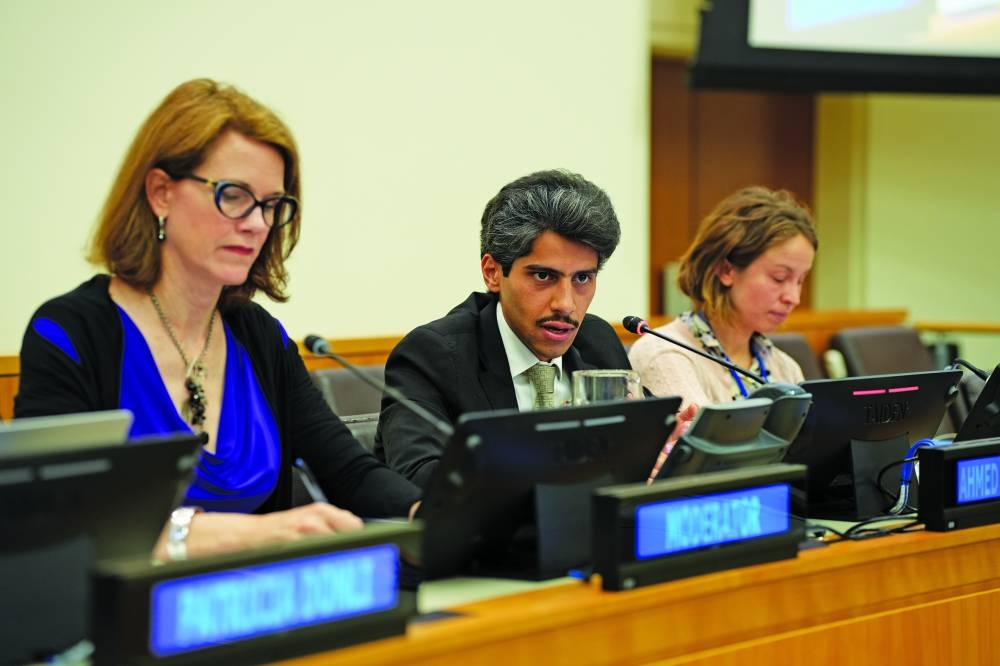Qatar Charity co-sponsored, alongside the Permanent Mission of Norway to the United Nations, a side event during the United Nations Office for the Coordination of Humanitarian Affairs (OCHA) Economic and Social Council (ECOSOC) 2024 Humanitarian Affairs Segment.
The event, titled "How OCHA’s Pooled Funds Advance Meaningful Partnerships for Innovations in Humanitarian Response," took place recently in New York.
The event aimed to spotlight the critical role that OCHA’s pooled funds play in fostering innovative solutions and effective partnerships within the humanitarian sector. Ahmed AlRumaihi, director of External Affairs at Qatar Charity, represented Qatar Charity at the panel discussion and reflected on the role of development actors in the Global South to pioneer innovative approaches in humanitarian aid and emphasised the importance of collaborative efforts in addressing global humanitarian challenges. The discussion was led by Lisa Doughten, director, Financing and Partnerships Division at OCHA, and included experts from Norway, the Pacific Islands Association of Non-Governmental Organisations and UNFPA.
AlRumaihi said: “With a world in state of permanent crisis, Qatar Charity envisions a future where humanitarian aid is not only responsive but also anticipatory and adaptive to emerging challenges. By actively engaging in forums like the ECOSOC Humanitarian Affairs Segment, we seek to contribute to the global discourse on enhancing humanitarian action through innovation, partnership and most importantly, localisation”.
Doughten, noted “ Delighted to meet with Qatar Charity to discuss the importance of coordinated action through diplomacy and innovative partnerships. Such collaboration is necessary for effective humanitarian responses”
Over 26 years, the ECOSOC Humanitarian Affairs Segment has been central in underscoring the critical role that coordination plays in strengthening the effectiveness of humanitarian assistance within the United Nations. The segment gathers key stakeholders ranging from member states, UN agencies, NGOs to the private sector to discuss and promote effective humanitarian policies and practices.

Officials at the UN event.
